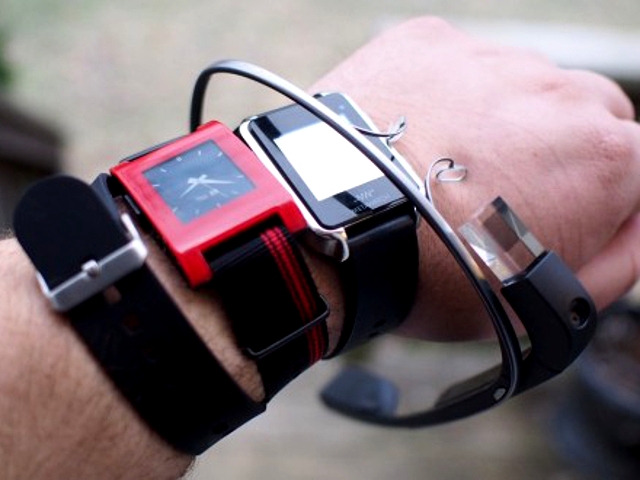Smartphones just as accurate as wearables for tracking fitness

Fitness trackers have become all the range and over 3 million were sold in the second half of 2014, making up over three quarters of the total wearable sales, but it looks like the benefits of a fitness tracker might be minimal.
That is according to a new study by the University of Pennsylvania, which measured the amount of steps on a treadmill with two smartphones and three wearables.
The case study claims smartphone apps work just as well for collection step counters -- a major feature on most health apps -- and don’t offer the wild variants that some fitness trackers show.
Smartphones apps offered a -6.7 to 6.2 percent relative difference in the step counter, while the three wearables offered a much wider range, -22.7 to -1.5 percent.
This means wearables are also failing to document footsteps, while smartphones (normally in a pocket) are capable of keeping with the rhythm.
"In this study, we wanted to address one of the challenges with using wearable devices: they must be accurate. After all, if a device is going to be effective at monitoring -- and potentially changing -- behavior, individuals have to be able to trust the data", head author Meredith A. Case said. "We found that smartphone apps are just as accurate as wearable devices for tracking physical activity".
This is a worry for those that carry around a smartphone and fitness band, not knowing their smartphone is capable of collecting all of the information anyway.
Wearables do offer ways to track blood oxygen, heart-rate and other health information due to the position on the wrist, but most fitness bands do not offer that functionality.
Published under license from ITProPortal.com, a Net Communities Ltd Publication. All rights reserved.
